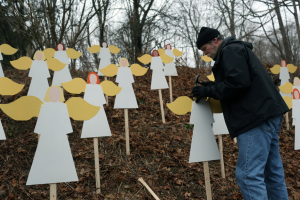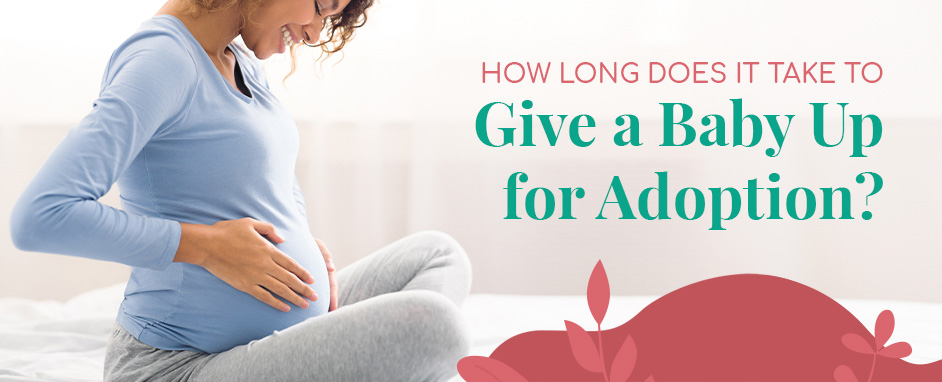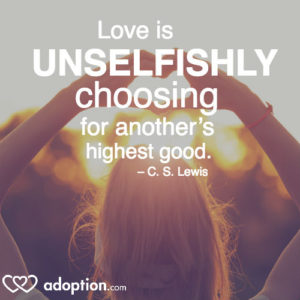December 17, 2012
Explaining Sandy Hook
I would imagine that you’d be hard-pressed to find someone who didn’t begin today with a heavy heart. Although the Sandy Hook massacre’s presence was felt all weekend through news updates, vigils and various television homages (even SNL joined in – their opener of a children’s choir singing Silent Night was a tear jerker), there was something about waking up this morning to resume normal Monday activities that made remembering 27 Sandy Hook individuals would not, all the more devastating.
The conversation remains – what do we do? How we do address it with our children? Today’s relentless media coverage all but ensures that anyone within sight line of a TV or phone will have access to every grisly detail. For all of us, what is the next step?
There are a great deal of resources being shared around the web and beyond, guides and talking points for parents and families about how to deal with this tragedy, how to explain it to young children and how to move forward in a way that is knowledgeable but empowered and strong. Although we’re featuring our own talking points and guidelines in an article in our upcoming newsletter, here are some resources we’ve compiled that we find particularly effective. Keep these on hand and hold your children tight. There is much to be learned from this devastating situation, and we are hopeful that certain powers-at-be will take notice and be inspired to create change.
Hopsice, Talking to Children about Death. This is an extensive guide about how to talk to children about death – one that is helpful beyond situations just like this. We need to be able to talk to our children about all different kinds of death, and the more we open that line of communication, the better we prepare them for grieving and healing processes that support them mentally and emotionally.
Children’s Hospital of the King’s Daughters, How to Talk to Children about School Shooting.
New York Times, How Not to Talk With Children about the Newtown Shooting
National Association of School Psychologists, Talking to Children About Violence: Information for Parents and Educators
Healthychildren.org, The AAP Offers Resources to Help Parents, Children and Others Copy in the Aftermath of School Shootings
We hope this helps you. Please let us know if you’ve discovered any additional resources that you’d like to pass along.



